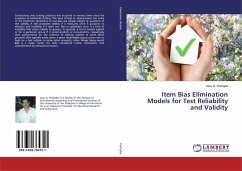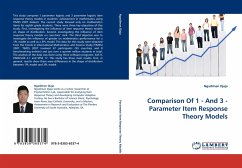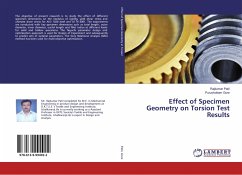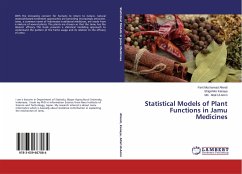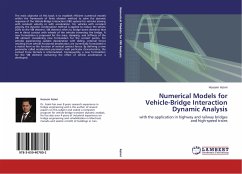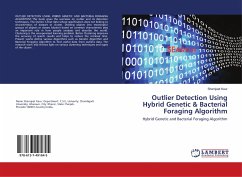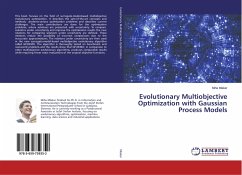Controversy over testing practices has occurred at various times since the inception of widescale testing. The issue of bias in measurement has come to the forefront. Questions of test bias are closely related to questions of test validity. A test possesses validity if it measures what it purports to measure and invalidity if it does not. Bias or systematic error is a kind of invalidity that arises relative to groups. In general, a test is biased against or for a particular group if it under-predicts or over-predicts, respectively their performance on the criterion of interest relative to some other group(s). Bias typically arises when a given identifiable group scores low or high on a test relative to some other group(s), other things being equal. Bias is a major factor for tests considered unfair, inconstant, and contaminated by extraneous factors.
Bitte wählen Sie Ihr Anliegen aus.
Rechnungen
Retourenschein anfordern
Bestellstatus
Storno

